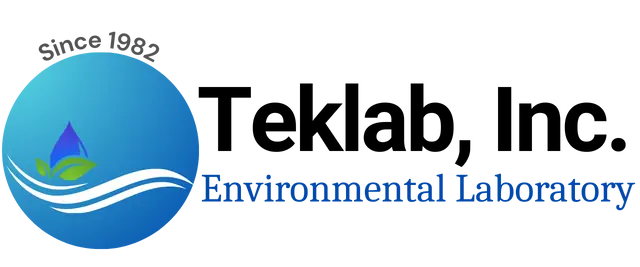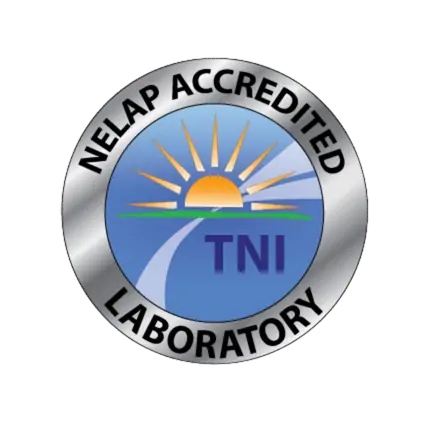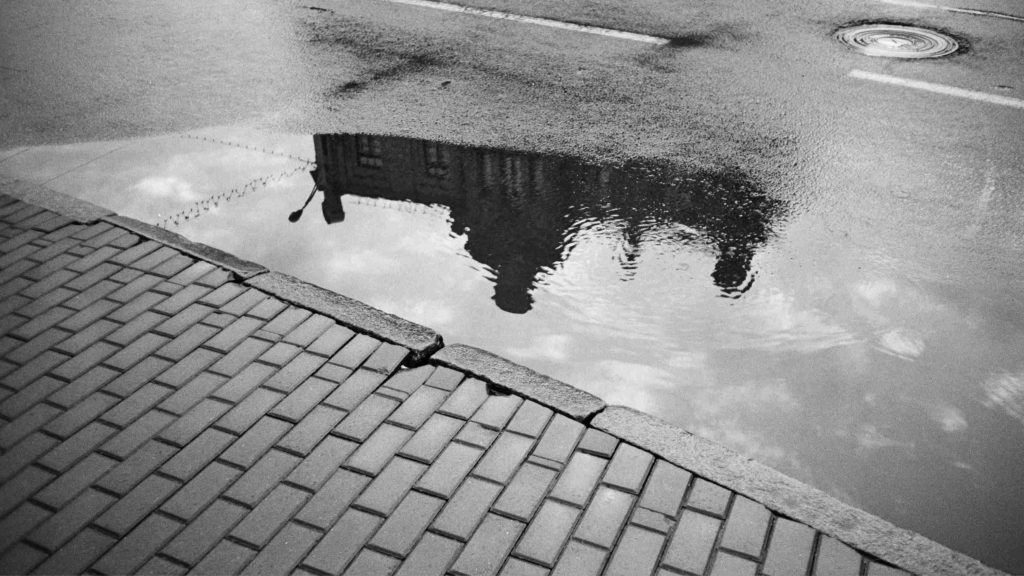Lead in Drinking Water Testing: A Guide for Schools and Daycares
This page provides essential information for schools and daycare facilities looking to test their drinking water for lead. Teklab is committed to providing accurate and reliable lead testing services to help you protect the health of our children. We understand that navigating the testing process can be complex, so we’ve created this guide to answer your key questions.
Who Collects the Samples?
The choice of who collects the samples depends on your facility’s resources and budget. You have two main options:
- School or Daycare Staff: Trained staff members can collect the samples, following the guidelines outlined below. This is often the most cost-effective option.
- Third-Party Contractor: Hiring a professional environmental testing company like Teklab to collect the samples ensures accuracy and compliance with regulatory requirements. This option may be preferable if you lack the resources or expertise to collect the samples yourself.
Teklab Can Help: If you prefer to have a qualified professional collect your samples, contact us for a quote. Our experienced technicians will ensure that samples are collected correctly and efficiently.
Where Should I Collect the Drinking Water Samples From?
Samples should be taken from all sources of potable (non-bottled) water used for drinking or food preparation. This includes:
- Water fountains
- Kitchen faucets
- Classroom sinks
Note: Restroom and janitorial sinks are typically excluded from sampling requirements.
How Many Samples Should I Collect?
For each sampling location, collect two samples using cold water:
- First Draw: Collect this sample after the water has been stagnant in the plumbing for 8–18 hours. This represents the water that has been in contact with the plumbing system for an extended period.
- Second Draw: Collect this sample after flushing the tap for 30 seconds following the first draw. This represents the water that is currently flowing through the system.
Why Two Samples? Collecting both a first-draw and a second-draw sample helps to identify the source of lead contamination. If the first-draw sample has elevated lead levels but the second-draw sample does not, the source of contamination is likely within the fixture itself (e.g., the faucet). If both samples have elevated lead levels, the source of contamination may be in the plumbing system.
What Type of Container is Required?
Teklab provides the appropriate sample containers for your convenience:
- Standard Sampling Locations: We provide 250mL containers for all sampling locations, such as faucets and water fountains.
- Ice Makers: We provide 1L containers specifically for ice makers. A flush sample is not required for ice makers.
Request Your Test Kit: Download Teklab’s Test Kit Request form for daycare facilities to receive your sample containers and instructions.
How Do I Identify My Samples?
Proper sample labeling is crucial for accurate analysis. All samples must be clearly labeled with the following information:
- Location: A description of the sampling location that is easy to identify (e.g., “Kitchen Sink,” “Water Fountain near Library”).
- Date and Time of Collection: The date and time the sample was collected.
- Sample Type: Indicate whether the sample is a “First Draw” or “Second Draw” sample.
Use a Master Sampling Plan: A master sampling plan can help you easily label your samples and track their locations. For example:
- Sample 001: Kitchen Sink – First Draw
- Sample 002: Kitchen Sink – Second Draw
- Sample 003: Water Fountain near Library – First Draw
- Sample 004: Water Fountain near Library – Second Draw
🔗 Downloadable Resources:
- Download an example Sample ID Spreadsheet to help you organize your samples.
- Download Teklab’s Step by Step Guide for detailed instructions on sample collection and labeling.
How Do I Submit Samples for Analysis?
Once you have collected your samples, you can submit them to Teklab in one of two ways:
- In Person: Bring your samples and accompanying documentation (like the chain of custody form) to our lab during business hours.
- Via Common Carrier/Shipping Services: Shipping is often the most economical choice.
We have provided Teklab’s Step by Step Guide for daycare facilities to assist you with shipping your samples, which details the instructions for shipment.
Once I Get My Report, What Should I Do?
Carefully review your report and contact Teklab with any questions.
Compare to Standards: Compare your results to the applicable drinking water standards. These standards are outlined in the following resources:
Do I Need to Provide the Report to Parents?
Yes, notification is both required and recommended. Please review the applicable laws and regulations to understand your specific reporting obligations. These laws typically require you to notify parents about the results of your facility-wide drinking water study. If your sample results exceed the legal limit for lead in drinking water, contact your State regulatory agency for guidance on mitigation requirements.
Why is Lead in Drinking Water a Priority?
Lead is a toxic metal that can have harmful health effects, especially in children. Potential health effects in children of school-age range from reduced IQ to hyperactivity and impaired growth. There are many potential toxins that can be leached into the potable water we consume. Teklab has a Sampling Guide PDF that we created to help provide an overview of how to get started working through the process of having your facilities drinking water tested for lead. Contact us today to learn more about our lead testing services and how we can help you protect the health of our children.





